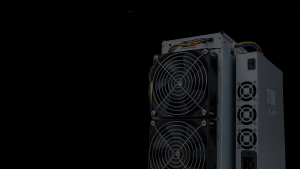In its latest effort to use distributed ledgers to modernize the paper-intensive business of trade finance, R3 has agreed to work with Bolero on an electronic bill of lading service.
Announced Monday, the partnership follows R3’s pilot with Japanese financial giant Mizuho to digitize letters of credit and bills of lading, and a trade finance app developed by 11 international banks using the consortium’s Corda platform.
R3’s newest partner, the U.K.-based Bolero, already offers an electronic bill of lading and title registry, with a common legal framework, but the reach of that service will be extended by developing an oracle on Corda, the companies said.
Part of R3’s broader mission is to “help connect digital islands,” Todd McDonald, a co-founder and head of partnerships at R3, told CoinDesk.
The new partnership will plug the carriers that use Bolero’s existing service into R3’s “large and growing ecosystem of financial institutions” that use Corda, he said.
In so doing, the new service will cut the time – from days to hours – it takes for companies throughout the supply chain to complete document presentation, financing and payment, R3 and Bolero said.
In the press release, R3’s CEO David Rutter said:
“Like so many of the processes and systems banks are forced to use today, the infrastructure that supports trade financing is extremely outdated and prone to risk and error.”
Last week, R3 released version 1.0 of Corda, the product of two years of work, code contributions from over half the consortium’s 100 members and more than $100 million in capital raised.
Shipping container image via Shutterstock
The leader in blockchain news, CoinDesk is an independent media outlet that strives for the highest journalistic standards and abides by a strict set of editorial policies. Have breaking news or a story tip to send to our journalists? Contact us at [email protected].







No comment yet, add your voice below!